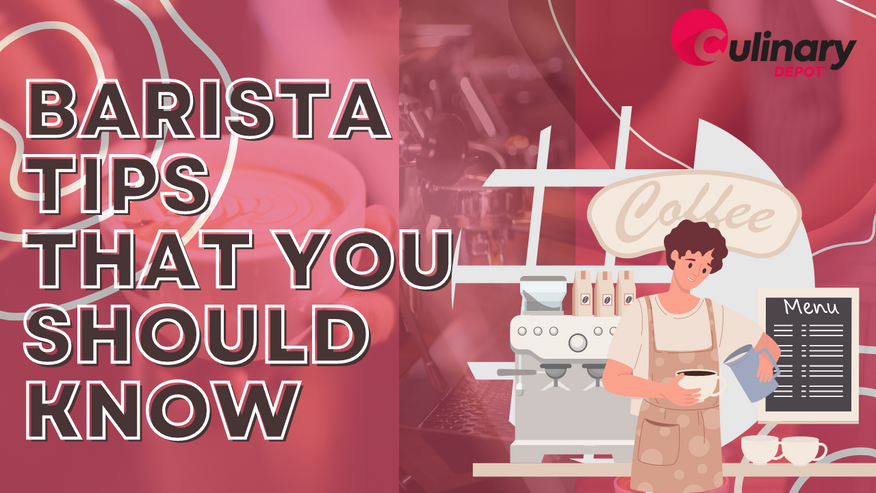May 23rd 2022 - Monica Cunanan
Barista Tips That Every Barista Should Know
What does it take to be a good barista?
The first person you meet at the coffee shop would probably be a barista who works hard for you to have a good cup of coffee to start your day. This is why the job of a barista is essential.
Of course, your main focus will be on coffee, but a barista job goes far beyond just coffee. It includes a lot more than just coffee. Being a barista involves a combination of culinary skills and people skills. You won't just prepare espresso drinks. You'll have to effectively communicate with customers, provide excellent service and promote and sell food and other products.
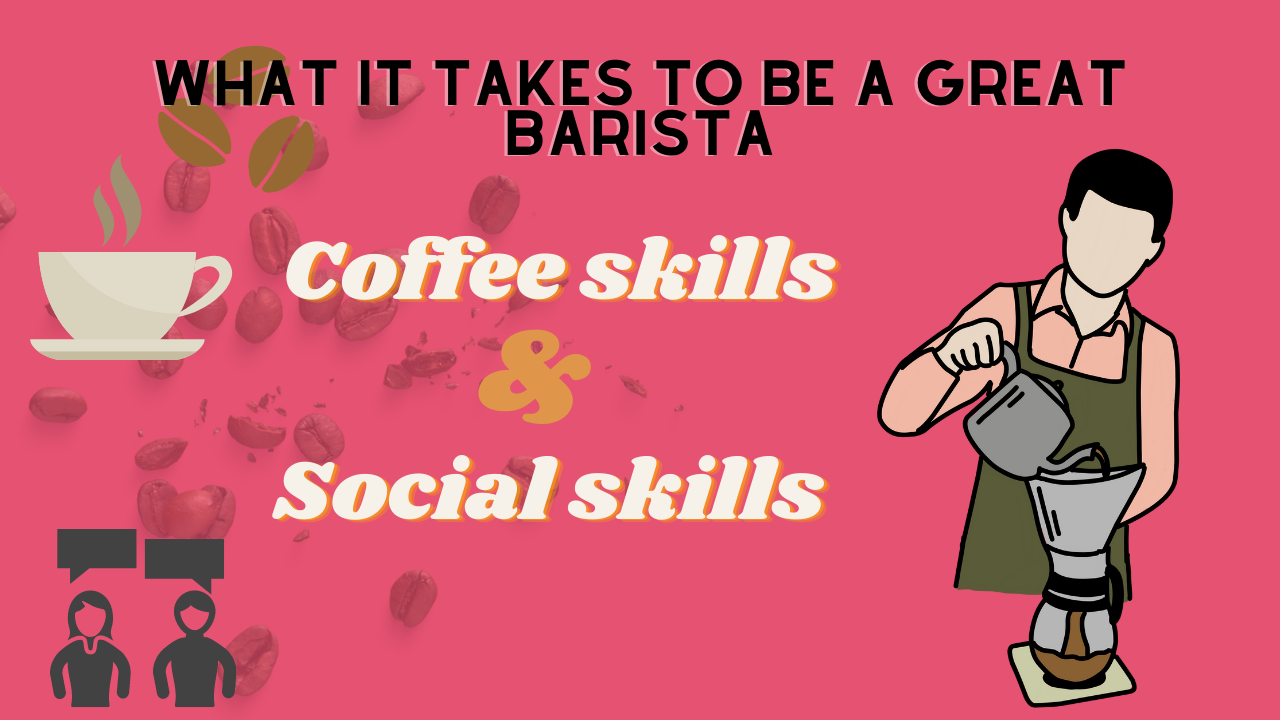
Know what it takes to be a good, professional barista by following these pro tips:
Be a Coffee Connoisseur
Your coffee expertise is why your customers are coming directly to you. When people choose coffee drinks, desserts, or maybe whole beans or ground coffee to drink at their homes, they often rely on your coffee knowledge and expertise as a coffee expert.
Step 1: Learn everything about your menu, whether it's coffee, food, or merchandise.

- Sample everything on your menu and learn about the best-selling items and specialty drinks. This can help you gauge what food items you can suggest.
- For example, the americano is a coffee drink that highlights a good coffee bean. It has a bold and bitter flavor. You can suggest that is best complemented by a creamy dessert such as Pumpkin Cheesecake or Red Velvet Cupcakes.
- While you're working during your slow shifts, you may want to experiment with new recipes and flavors that you think customers will enjoy.
Step 2: Learn as much as you can.
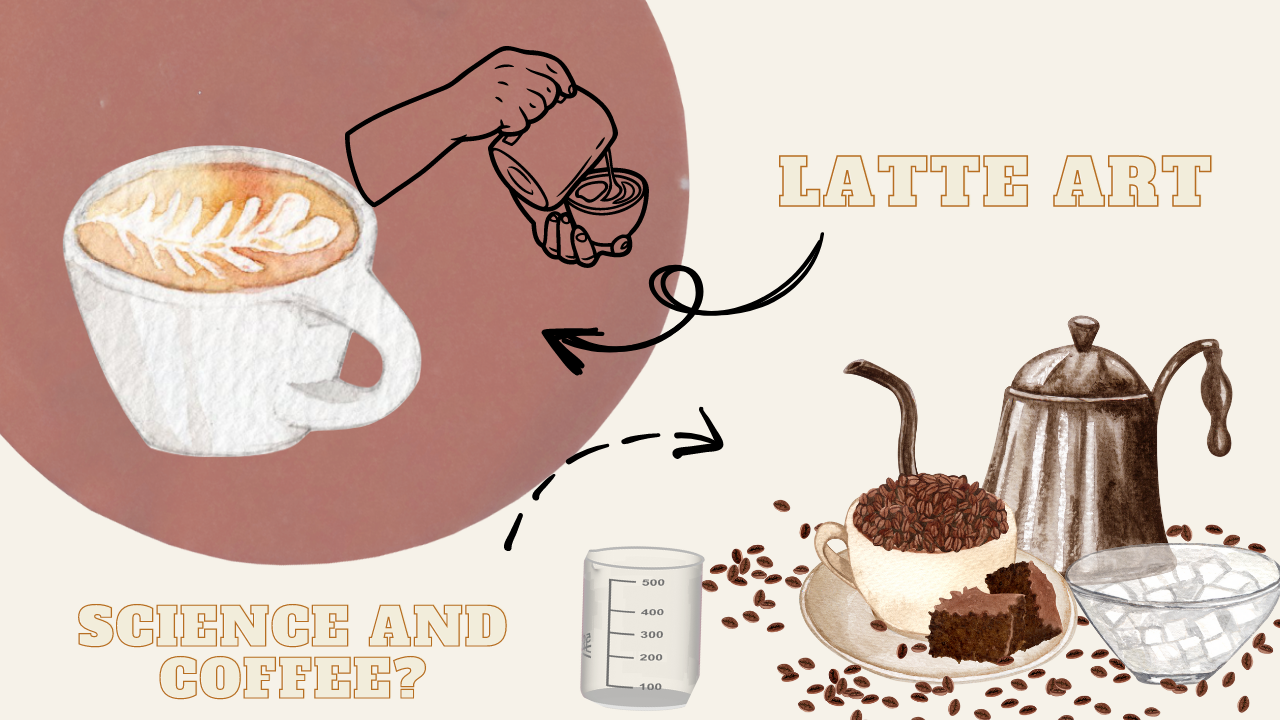
- Know the coffee terms that are commonly used so you can help customers who don't understand the difference between a macchiato and a mocha. If you can teach your customers something about the products they're purchasing, you're offering them much more than just coffee.
- Coffee is hard to understand because science is involved. You need to know the differences between coffee origins, flavors, processing methods, and roasting times. If you have a passion for coffee, then this won't be a big deal for you and would also be enjoyable for you.
- Take extra online courses! Online learning helps you build essential knowledge and prepare yourself for any situation that might come up during your shifts. Customers may ask about the coffee origin because it can affect the taste and flavor of the different types of coffee. Learning more about your craft can be advantageous.
- Learn new skills! Getting formal training will always pay off. Try taking classes about Latte Art Skills or maybe learn how to master making the perfect espresso.
Tips & Tricks for Great Coffee
Use Premium Ingredients
You would know a terrible cup of joe as soon as you take that first sip. Even milk can't hide the taste of old, over-roast beans. Even if you are a great barista, you won't be able to brew a good cup of coffee using mediocre beans and sour milk.
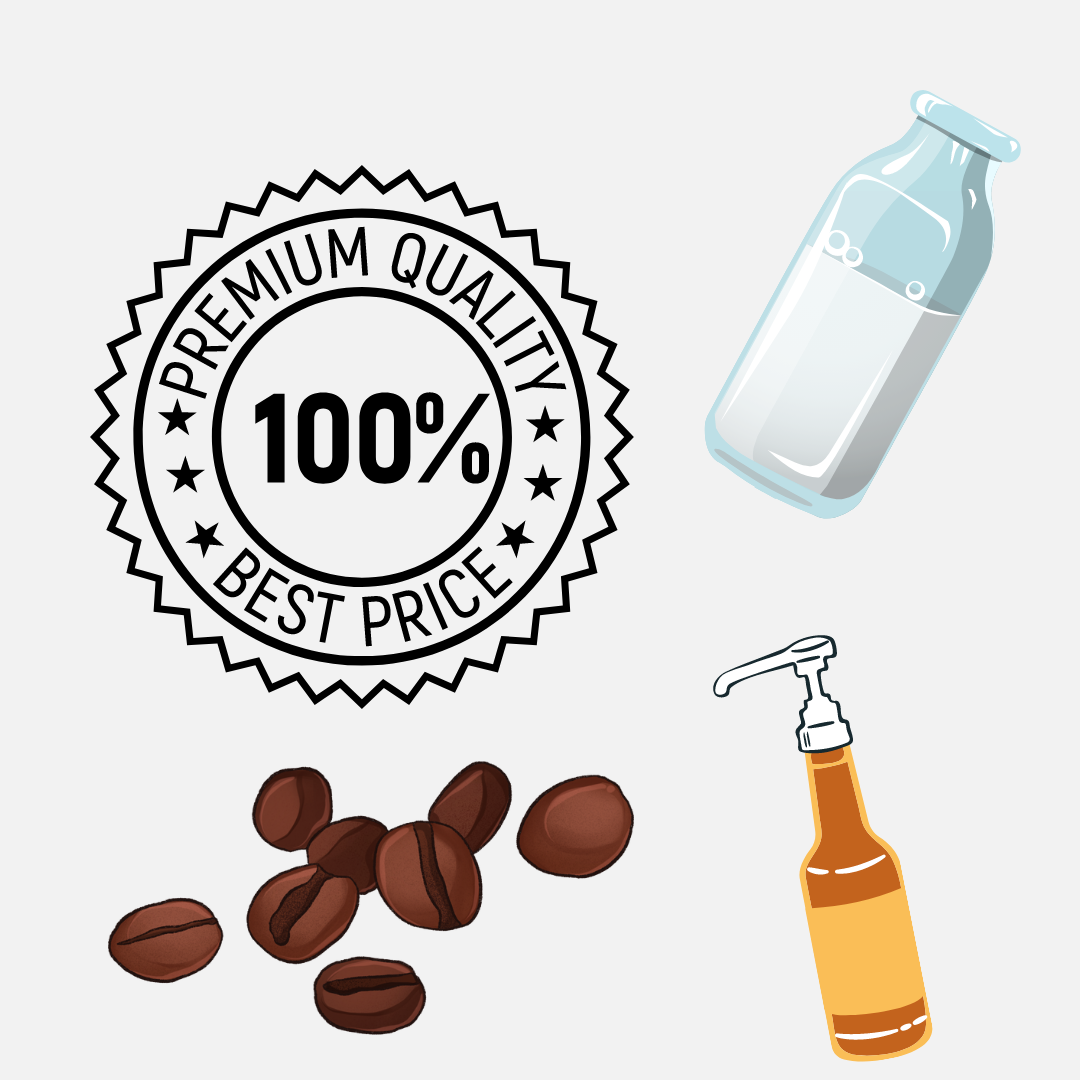
- High-quality coffee beans allow you to keep the consistency of your coffee drinks. Most customers are not looking for surprises; they just want a good cup of coffee every day.
- Always choose the best quality milk, whether it's cow milk, almond milk, or any other kind. And always keep it in the refrigerator.
- If you decide to use syrups, make certain they're low-sugar and organic.
- If your coffee shop has chosen cheaper products, you may want to politely approach your manager with your ideas on which products are better to use to improve the quality of the coffee. Don't forget to know what ingredients to recommend as replacements.
Make Sure Your Coffee is Always Fresh
- It's quite tricky because fresh coffee isn't easy to come by. Roasted beans need to be allowed to sit for 5-10 days before they're ready to use. During this time, the beans lose their carbon dioxide and become less foamy.
- Ideally, you should buy coffee that's 10 to 14 days old from a local supplier who can get it to you quickly.
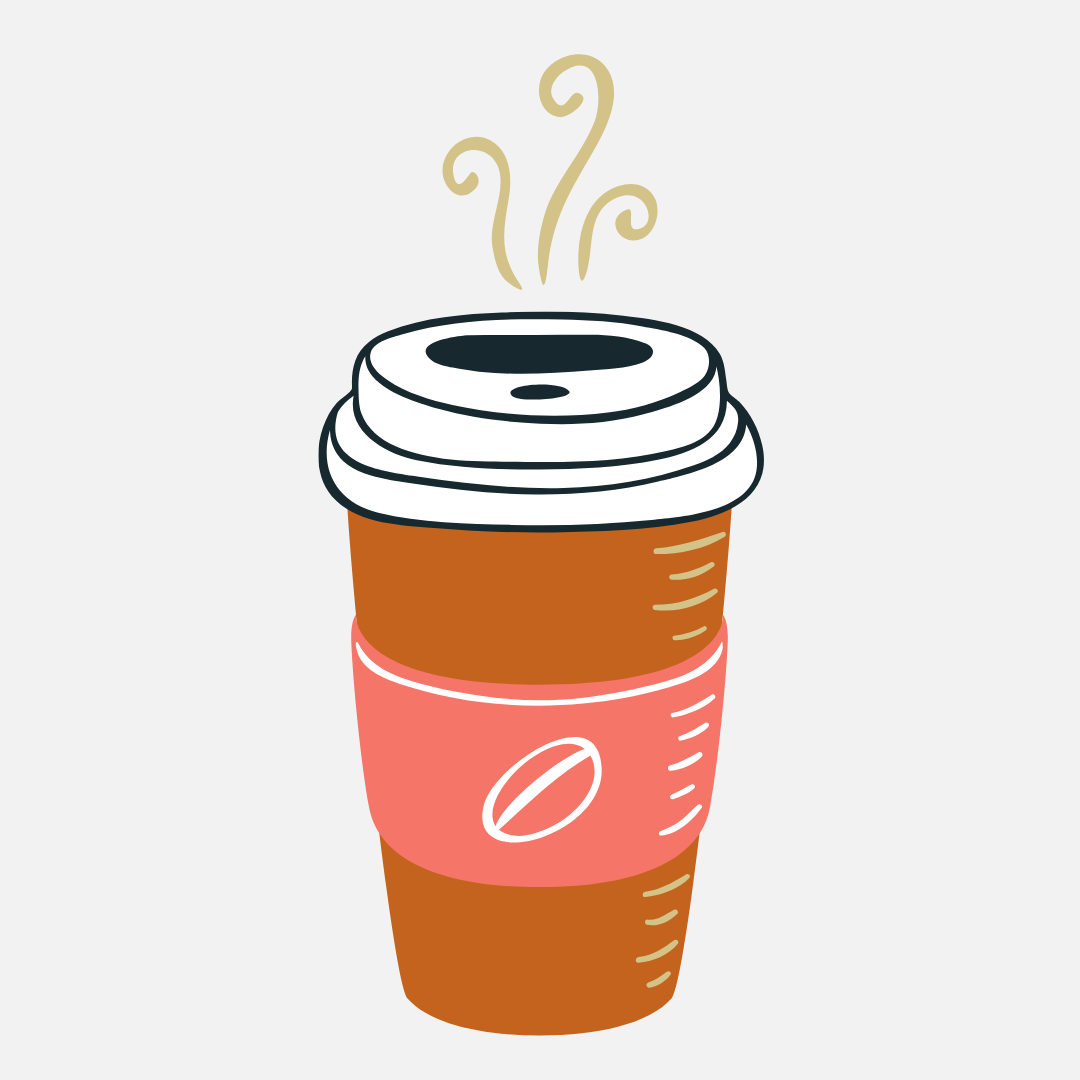
- Roast your beans for at least two weeks before brewing them. This is to avoid your coffee from becoming too bubbly and unpredictable which will result in stale coffee that can impact the taste. If you're not sure about the quality of your coffee or the different blends, don't hesitate to ask your roaster for advice.
- Avoid sourcing your coffee beans from the supermarket. Most brands take weeks, if not months, to reach the shelves. This is not the fresh coffee you'd want to serve.
Make Sure to Use the Right Temperature
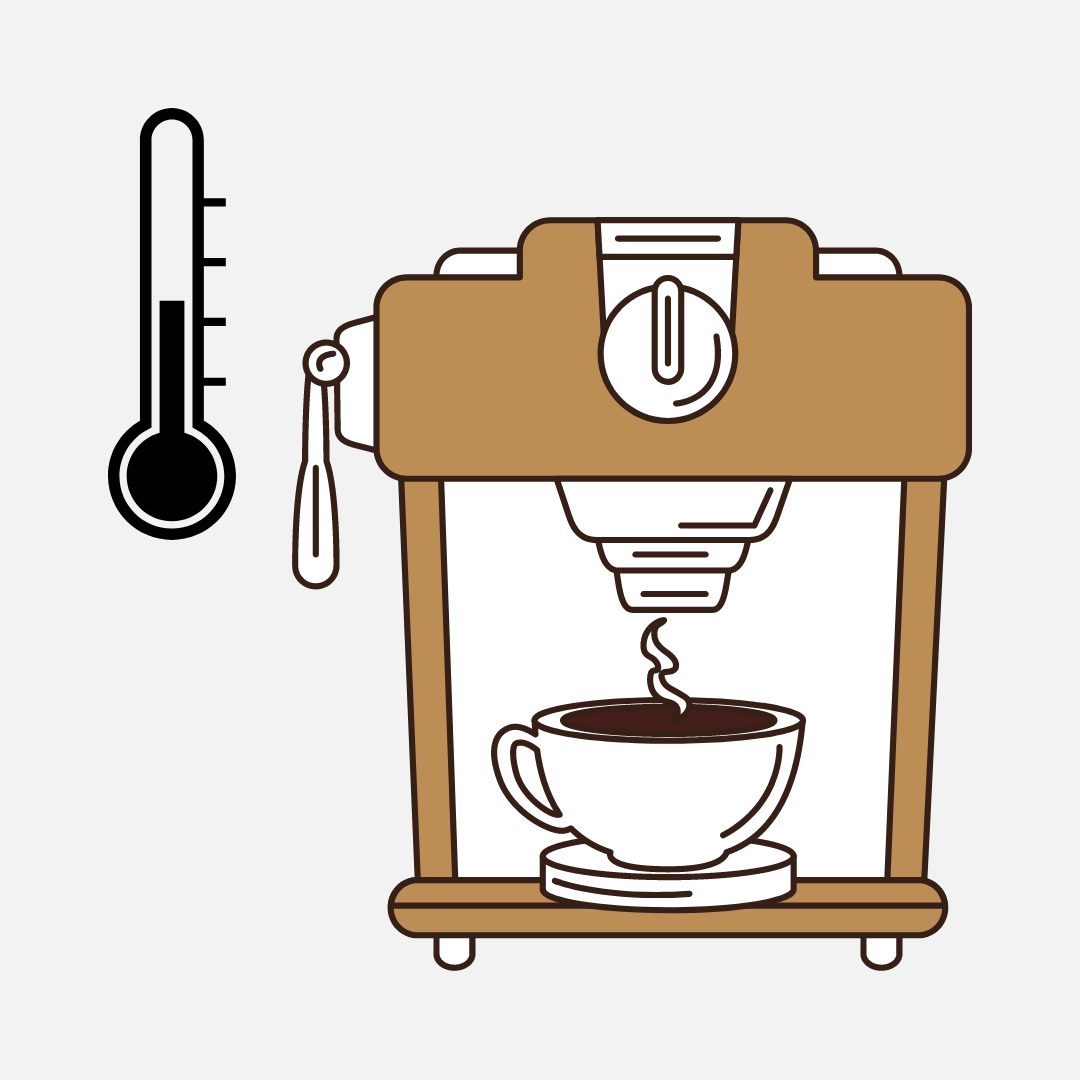
- To get the best results, the hot water temperature should be below the boiling temperature. The perfect temperature is usually between 195 and 205 degrees Fahrenheit.
- If you're using an espresso machine, make sure to set it at the correct temperature, and for pour-over methods, bring the water up to the boiling point, and then allow it to cool down for a minute before pouring.
Use filtered water
- You shouldn't use tap water for coffee. It's not just the impurity you should be worried about, but the fact that it may contain chemicals from the pipes. Depending on where you live, the tap water may not be safe for drinking.
- Experts recommend filtering tap water before brewing coffee.
- A good alternative would be to use bottled water, but make sure it isn't soft water.
- Use Hard water because it has plenty of minerals like calcium and magnesium, which help extract the most flavor from the coffee.
Know your equipment and how it works
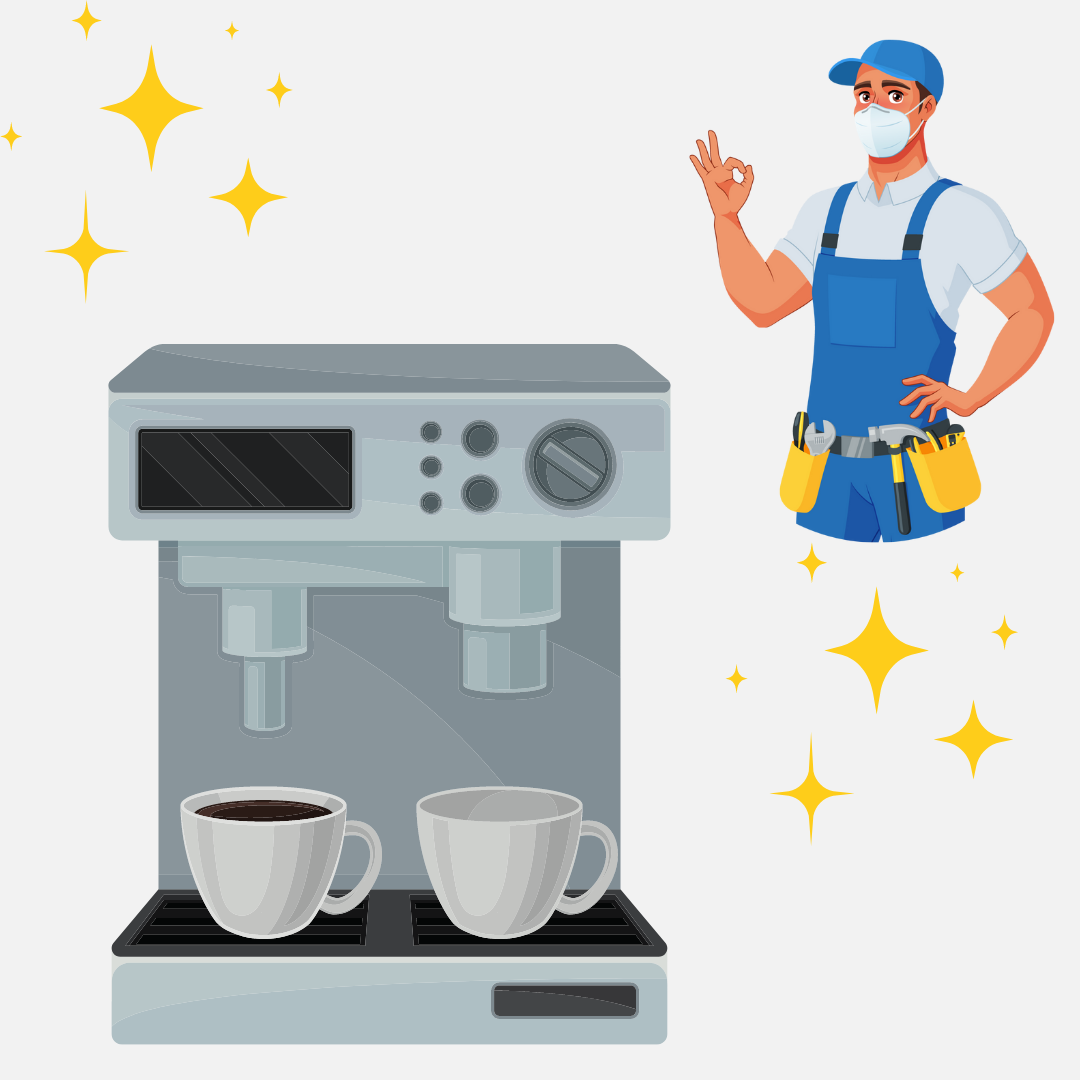
- You're only going to improve if you use the equipment.
- It will help you become a better barista and give you a better appreciation for the world of coffee.
- Learning simple troubleshoots of your equipment is important because this shows how eager and proactive you are as a barista.
- This also saves you a lot of money and time which would be worth it in the long run.
Smile and Be Friendly with Customers
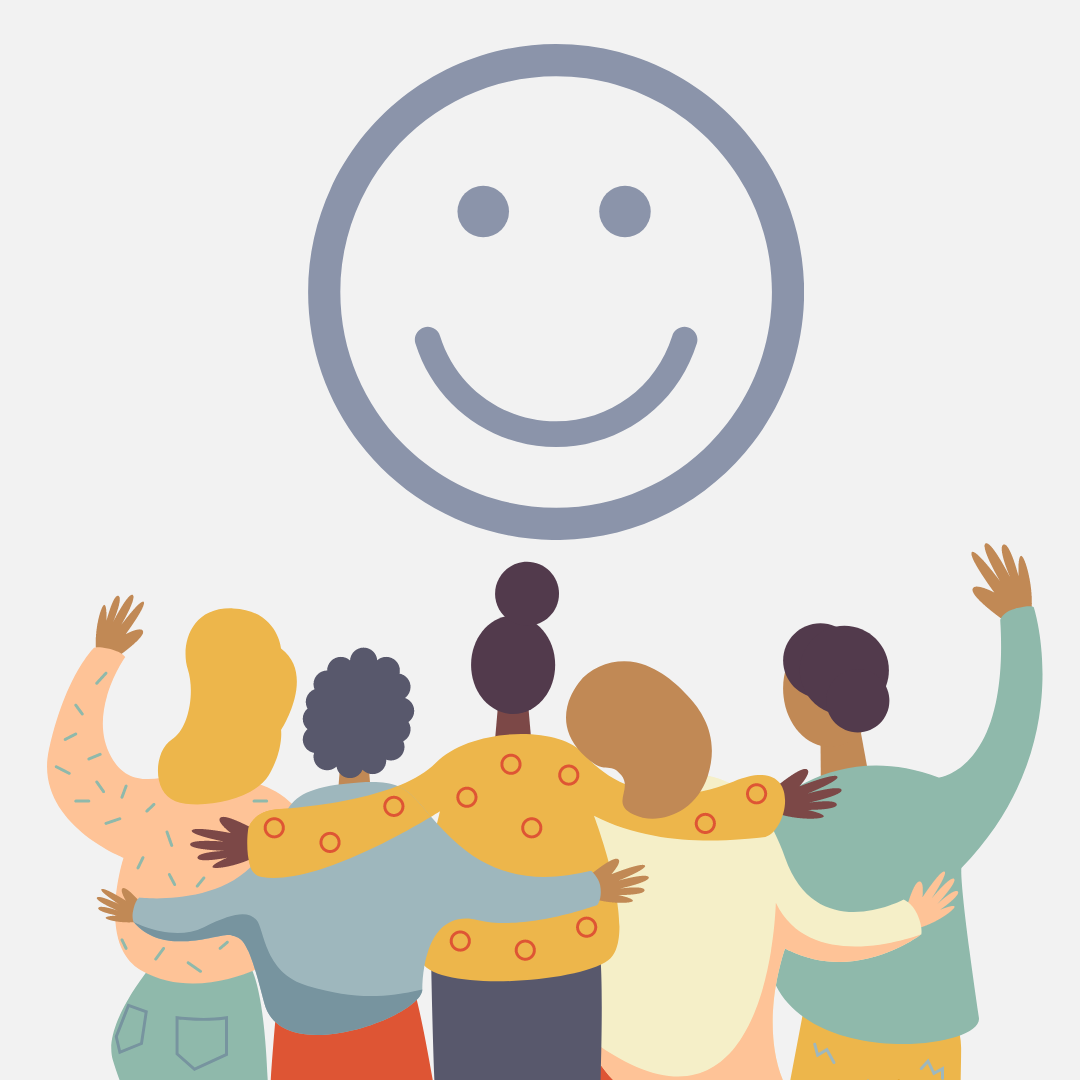
A barista's job requires people skills such as building sincerity and trust; understanding and empathizing with customers; and interacting respectfully with coworkers, patrons, and managers to minimize the chance of conflicts.
Be Friendly
Besides constantly increasing your expertise, you need to keep yourself humble and friendly to everyone else.

- Be friendly and approachable without trying too hard.
- This means greeting your new and regular customers, remembering their names and facts about them, smiling at them, saying nice things when they're leaving, and thanking them for coming. You want to interact pleasantly with them.
- Don't be too pushy or officiously, and don't let your ego get in the way.
- You should interact with people easily, effortlessly, and warmly without being too annoying.
- Every customer has a certain limit to their openness to answering your personal questions, so don't ask too many. If you do it often, a customer might think that you're too forward. If you do it enough, a customer will know you're not too cold. As a barista, you need to understand the types and moods of your clients.
Smile
A study by Cornell University's School of Hotel Administration found that smiling leads to larger tips. Servers who smiled at customers were paid 140% more in tips than servers whose faces remained neutral. So don't forget to smile!
You can brighten someone’s day just by smiling and having a conversation with them. Smiling makes a good impression on customers, which encourages them to return to your coffee shop. Returning customers keep your cafe open.
Become a Great Barista with the Right Tools!
Here at Culinary Depot, we provide the tools of the culinary trade for professionals and home baristas. If you'd like to learn more about commercial coffee machines or equipment such as:
Cappucino/ Hot Chocolate Dispenser
We have it! Contact us today.

